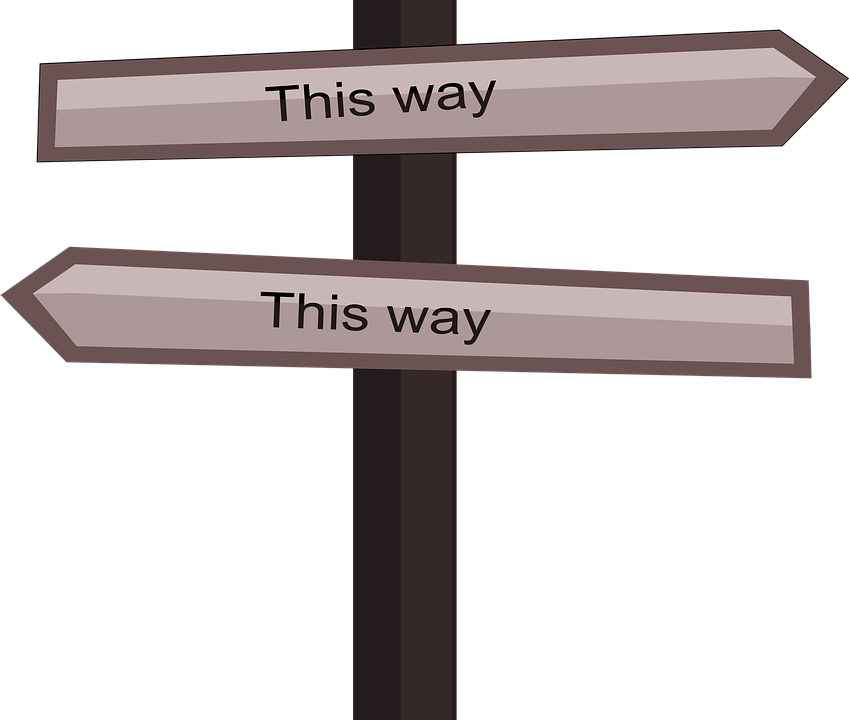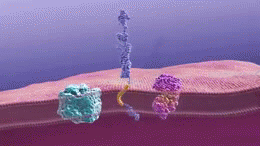Alzheimer’s Disease
1.What is Alzheimer’s Disease?
Alzheimer’s, a form of dementia, is most commonly known as a degenerative brain disease that is most notably identified by memory loss, confusion and other diminishing cognitive factors. This erosion of brain function is related to the breakdown in connection between neurons in the brain. In my post “If Memory Serves Well: Insights On How To Improve Your Brain Power” much of this explained in relationship to Alzheimer’s and how the cycle of brain function deterioration occurs over time as we age. As the disease develops into the more advanced stages, other illnesses materialize and the afflicted individual most commonly succumbs to pneumonia.
2.Symptoms of Alzheimer’s disease
-
- Memory loss – notably short term memory (especially in the early stages)
- problems with performing routine/familiar tasks
- struggles writing or speaking
- loss of conception to time and place
- losing or misplacing items
- easily agitated
- little interest in daily activities
- lacking in sound judgment.
3.Causes of Alzheimer’s disease
One of the main characteristics of Alzheimer’s is the build up of a class of protein called Amyloid plaque. When the brain is functioning normally these plaques are soluble and easily eliminated. In the case of someone who has Alzheimer’s these protein fragments accumulate to form hard insoluble plaques that cannot be eradicated.
Twisted fibers known as Neurofibrillary tangles, which are found in the brain’s cells, contain a protein called Tau that aids in forming a structure called a microtubule. One of main functions of microtubules is to transport nutrients and other vital elements from one part of the nerve cell to the other. In those afflicted with Alzheimer’s, the Tau protein molecules separates into filaments that form tangles. As this occurs, the tau protein becomes abnormal and microtubules break down thus causing the entire neuron to become dysfunctioal.
Other systemic causes:
- Anti-anxiety medications
- Head trauma
- Inadequate sleep
- Lonliness and Social disengagement
- Diabetes
4.Natural Remedies for Treating and Preventing Alzheimer’s
Diet and supplementation:
Nutritious Fats:
The brain on average, contains up to 60% of fat content. For this reason, our brains need these nutrient dense fats to function properly. The items below are all rich in omega 3 fatty acids which are important for brain function.
- Coconut Oil get it here
- Olive Oil
- Chia Seeds
- Fish
- Nuts
- Eggs
Vitamin C:
Vitamin C is vital for a great many vital processes in the body including neurological support.
Foods rich in Vitamin C:
- camu camu
- kiwis
- citrus fruits
- strawberries
- papaya
- broccoli
- cauliflower
- Brussels sprouts
- goji berries
- guava
- fresh squeezed lemon juice
- green superfoods (moringa, spirulina, wheat grass, barley grass and alfalfa grass)
Cayenne:
Cayenne is well known for increasing blood circulation, which in turn helps deliver more nutrients and oxygen to the brain. It also is instrumental in regulating glucose which is important if you are diabetic. As alluded to above, diabetes could put you at higher risk for Alzheimer’s.
Get Cayenne extract and read reviews here
Niacin:
Niacin (B3) is essential for support of the nervous system. B3 deficiency can put on e at higher risk for pellagra. One of the symptoms of pellagra is dementia.
Niacinamide (niacin supplement): Read reviews and get it here
Niacin rich foods:
- chicken
- bacon
- tuna
- mushrooms
- broccoli
- veal
- turkey
- asparagus
- kidney beans
- wild game
The MIND Diet (or Mediterranean-DASH Intervention for Neurodegenerative Delay diet):
A study was conducted where 1000 seniors were tracked for an 8 year period. The participants who strictly followed the guidelines of the MIND diet reduced their risk of Alzheimers by 53%. Those who moderately followed this diet had a 35% reduced risk. source see here: for a menu, as well as additions (to) and omissions (from) your diet.
Exercise:
Even the most minimal amount of exercise can have positive effect on brain function as it increases blood flow and blood oxygen levels to the entire body.
Tips for more casual forms of exercise:
- Get a standing desk and split your day between standing and sitting
- Walk to your coworkers’ offices, cubicles, and desks instead of emailing or messaging them
- Use a smaller water bottle or glass so you have to get up to refill more frequently
- Take the stairs for at least part of the way, walk up escalators (bonus: You get where you’re going faster!)
- Park at the back of the parking lot
- Stand on public transit and get off a couple stops early and walk
- Grab a couple coworkers and go for a walk on your lunch break (You can walk around inside in bad weather) source
The more intensive workouts are even better, unless you have heart condition as is mentioned on my “Angina” page. If you have a healthy heart and your blood pressure is in the right range the HIIT workout is a very good option as it will really get your cardio vascular system pumping which is a great aid in getting oxygen to the brain.
Two neurologists authored a book titled: “The Alzheimer’s Solution: A Breakthrough Program to Prevent and Reverse the Symptoms of Cognitive Decline at Every Age” in which they offed a myriad of solutions to approach confronting the symptoms of Alzheimer’s disease.
Testimonial review: “The previous reviews do an excellent job of summarizing the theme and message. This book is easy to read and understand with a step by step guide to action that anyone can do.
Here’s what you should take away from this review; I’ve started following this as I was reading and I am living proof that this approach works. I will not bore you with my issues but my mind is clearer and I feel great and it’s been less that 30 days. I believe I have the Nutrition, Exercise, Unwind down. Making progress on Restore and have some work on Optimize to do. The point is I am on my way but already feeling a positive impact. Thank you Sherzais” read more reviews and get the book here
Video: Tips on other remedies
One final comment
I would (once again) highly implore of you to visit my post “If Memory Serves Well: Insights On How To Improve Your Brain Power.” It is packed with a lot more information conducive to this topic.





![By ADEAR: "Alzheimer's Disease Education and Referral Center, a service of the National Institute on Aging." [Public domain], via Wikimedia Commons](https://upload.wikimedia.org/wikipedia/commons/thumb/5/51/TANGLES_HIGH.jpg/1024px-TANGLES_HIGH.jpg)
![By National Institute on Aging [Public domain], via Wikimedia Commons](https://upload.wikimedia.org/wikipedia/commons/thumb/5/57/Tau_tangle_formation.jpg/1024px-Tau_tangle_formation.jpg)
![By National Institutes of Health [Public domain], via Wikimedia Commons](https://upload.wikimedia.org/wikipedia/commons/c/cc/Alzheimers_brain.jpg)

